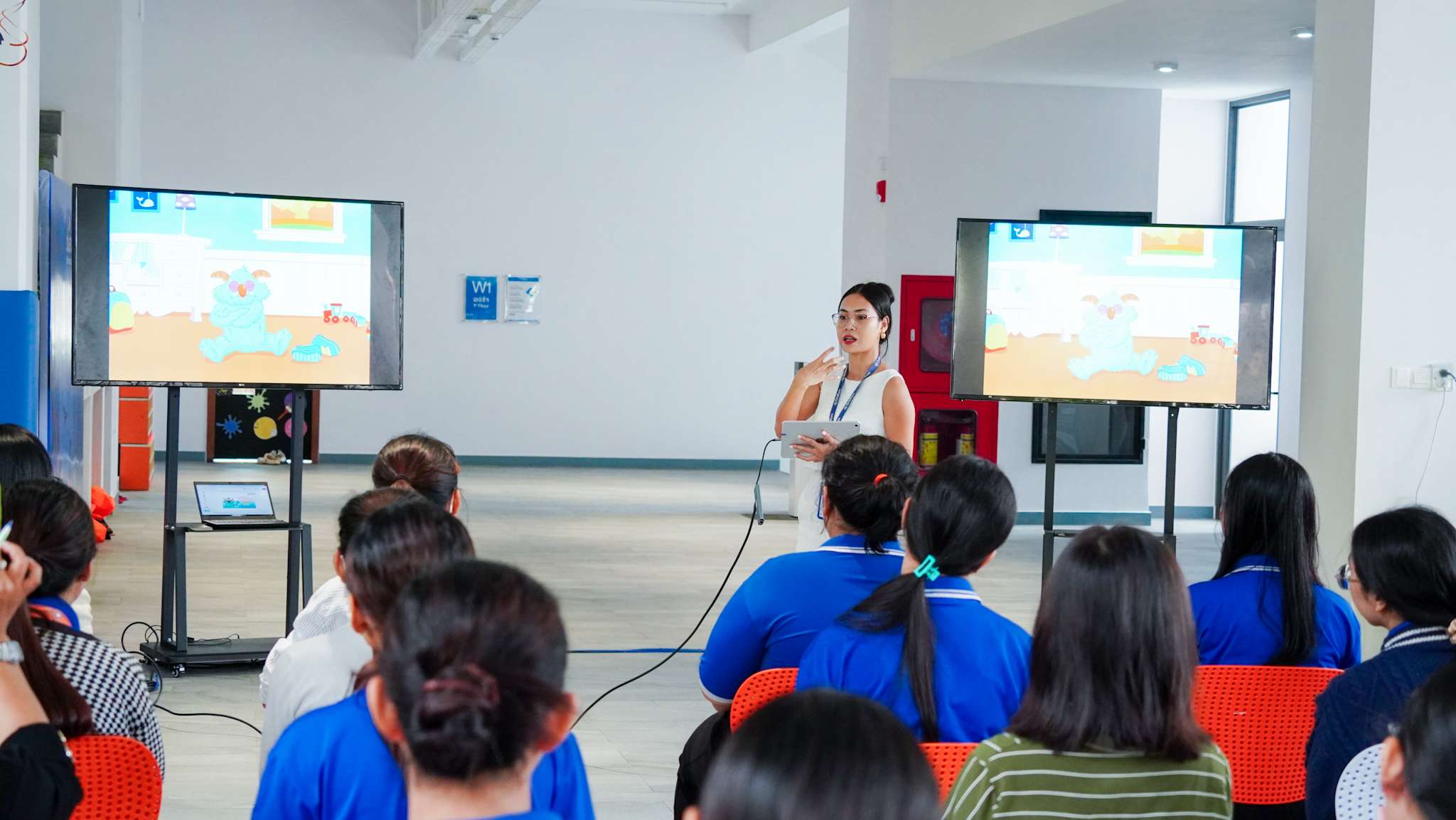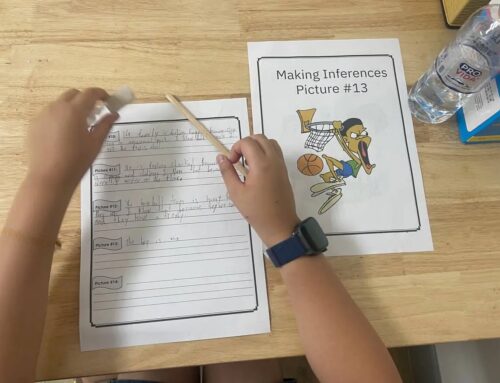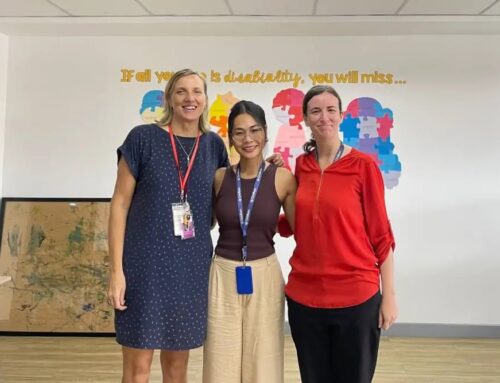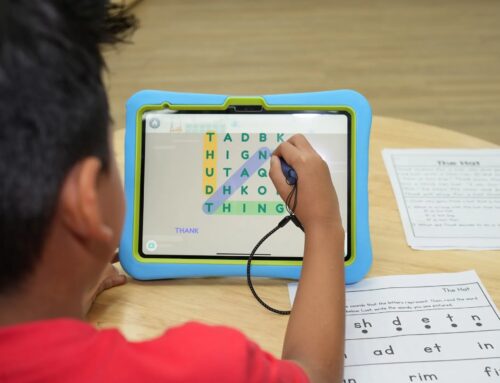[ad_1]
Last week, our team delivered a staff training session at Bluebird British International School, focusing on two essential topics for early childhood educators: recognizing early signs of special needs and supporting children during emotional overwhelm to prevent meltdowns. The workshop equipped teachers with practical skills to notice red flags early, respond to intense emotions with structure and empathy, and guide families toward appropriate support services in Phnom Penh.
This training reflects Bluebird’s ongoing commitment to meaningful collaboration and inclusive education environments.

Early Signs of Special Needs: What Teachers Should Notice
In the classroom, subtle developmental patterns often provide more insight than isolated behaviors. Teachers learned to look beyond one-time incidents and observe ongoing indicators such as:
-
Difficulty following one- or multi-step instructions
-
Very slow or unusual language development
-
Limited joint attention
-
Atypical patterns of play or problem-solving
Teachers practiced taking objective notes by describing frequency, duration, triggers, and impact on learning. This intentional observation approach strengthens communication with families and ensures conversations are factual, kind, and productive.
For additional context, we encourage staff to consult foundational guides on:
Managing Tantrums vs. Meltdowns: Response Before Consequence
A central takeaway from the session was that teachers can reduce the severity and duration of tantrums and meltdowns with supportive, non-reactive responses.
The workshop introduced a simple and repeatable response sequence:
-
Ensure safety
-
Use minimal, calm language
-
Label the child’s emotion
-
Teach coping skills once the child is calm
This framework helps children re-establish emotional control more quickly. Educators also explored school-friendly tools such as the Zones of Regulation and visual emotional supports to guide children toward appropriate self-management.
Teachers expressed that these strategies felt accessible and practical within their school routine.

Classroom Adjustments That Make a Difference
Small, predictable environmental changes can significantly improve regulation and participation. Strategies discussed included:
-
Visual schedules and first-then cards during transitions
-
Purposeful movement or sensory breaks
-
Calm corners that minimize noise and visual stimulation
-
Consistent routines and simple, clear language
These low-effort supports help students stay engaged and allow classrooms to maintain steady instructional flow, especially during busy parts of the day.
When to Refer — and What Families Can Expect
Teachers are not responsible for diagnosing special needs; their role is to notice patterns and communicate concerns sensitively. When developmental differences are persistent across settings or interfere with learning, a developmental assessment is the most appropriate next step.
At OrbRom Center, developmental evaluations examine communication skills, adaptive functioning, sensory processing, and learning behaviors. Families receive a clear written report with recommendations that schools can implement immediately. Many children who require additional support benefit from occupational therapy to strengthen regulation, attention, motor skills, and independence.
Strong Partnership = Better Outcomes
We appreciate Principal Kendall Fairburn and the dedicated Bluebird team for inviting OrbRom Center to collaborate. Their proactive approach to professional development, referral pathways, and home–school communication ensures that children receive help early—when intervention is most effective.
Schools that cultivate such partnerships create learning environments where every child has the opportunity to access meaningful support and thrive.
[ad_2]
Source link






